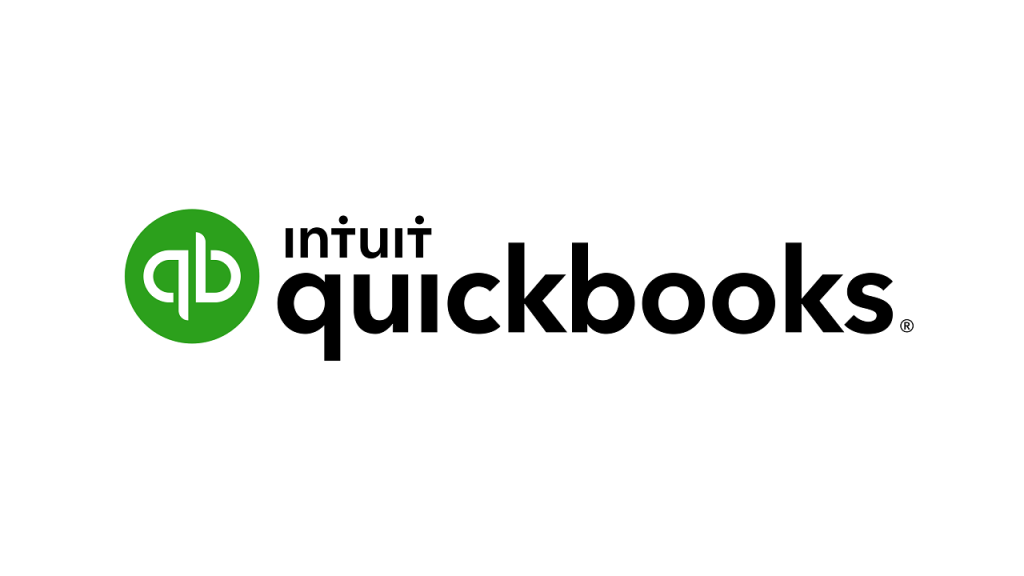Quickbooks are accounting software developed by Intuit, an American financial software developing company. It was mainly built for small to medium-sized businesses. Using this accounting software, you can keep track of your businesses’ finances, prepare taxes, generate bills, etc.
Quickbooks also provide accounting functions like on-premises. Businesses can prepare their monthly, quarterly, and even yearly reports using this software. You can either use in-house services or outsource a bookkeeper.
There are different versions of Quickbooks available to use according to the size of the business:
- QuickBooks Online (For small businesses)
- QuickBooks for Self-Employed (Best for Freelancers)
- QuickBooks Pro (For Medium Businesses)
- QuickBooks Premier ( For Niche Industries)
- QuickBooks Enterprise (For Large Businesses)
- QuickBooks Mac (For Mac Users)
Who should use Quickbooks?
All the businesses require financial assistance to jot down important information related to expenses and purchases. But, unfortunately, incorrect information can ruin all your hard work of filing taxes and put you in trouble with the administration. So, all businesses, whether big or small, should use QuickBook to save themselves from troublesome situations.
Now that we know which version to use and who should use, let’s talk about how QuickBook can take all your professional hassle away.
Uses of Quickbooks:
Tracking and creating invoices:
It’s not easy to manage all the purchases and sales records. Noting them down manually is exhausting and may lead to several errors. With the help of QuickBooks, you can easily track and create invoices for all your sales and purchases. You can also track down all your creditor or debtor’s payments.
Most businesses use Microsoft access for storing data and important information. As Microsoft Access is an information management tool, managing accounting details becomes tough. Several organisations can help you connect Microsoft access to QuickBooks to manage your data efficiently.
For Bills & Expenses:
Quickbook is self-employed accounting software that connects to your banks. It notes down information related to any expenditure and puts it under the specific head. Pictures of the bills can also be scanned using QuickBooks software. Helping business owners file taxes as all the information will be ready in one place.
Preparation of Financial Reports:
Financial reports like Profit and loss, balance sheet, statement of cash and flow, etc., tell us how well the business is performing. But the preparation of these reports is a complicated process. Quickbooks helps in reducing these complications and developing the reports in a faultless way.
Updating and sharing these financial reports with others can be done in a hassle-free way with the help of Quickbook.
Helpful in filing taxes:
One of the most hectic tasks for every business is filing for taxes. Every minute detail is important while preparing the taxes. Handling taxes becomes easy for all Quickbook users as all the information regarding any expenditure is already added there. You have to print these statements and share them with the person handling your accounts.
Any payment that is pending to be paid can be tracked with QuickBook. Thus, saving you from paying any extra fees.
Saves time:
Quickbook helps in saving you plenty of time that you will spend on monotonous tasks like updating the transactions, invoice approvals, etc. All this can be fully automated using this accounting software.
If you are required to sign checks frequently, Quickbook can help you save a lot of time. Upload your signature, and Quickbook will automatically sign checks for you whenever required.
Handling Payrolls:
Providing pay to your employees is the most important function. Any mistake can upset the employees, which will further affect the company’s productivity. The payroll process includes tracking down the employees’ working hours, checking their pay, looking after any unnecessary leaves, etc. With Quickbook, you can manage it smoothly without any mistakes. Thus, providing every employee with their fair due.



